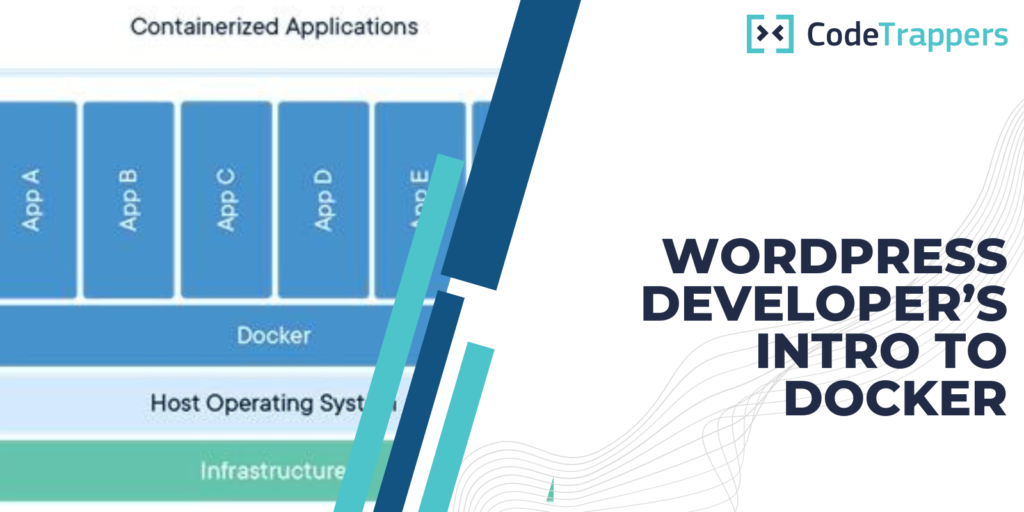As a WordPress developer, you may have heard of Docker and how it can be used to streamline the development process. But what exactly is Docker and how can it benefit you as a developer? In this comprehensive guide, we’ll dive deep into the world of Docker and explore how it can revolutionize the way you develop, test, and deploy your WordPress projects.
What is Docker?
In short, Docker is a tool that allows you to create, deploy, and run applications in a container. A container is a lightweight, standalone, and executable package that includes everything an application needs to run, including the application code, libraries, dependencies, and runtime.
Containers are different from virtual machines in that they do not include a full operating system and are therefore much more lightweight and efficient. This means that you can run multiple containers on a single machine, each with its own set of dependencies and configurations, without worrying about conflicts or resource contention.
How Does Docker Work?
Docker works by using the host operating system’s kernel to run containers. When you run a Docker container, the host operating system allocates a certain amount of resources (such as CPU and memory) to the container and runs the containerized application within the allocated resources.
Each Docker container is based on a Docker image, which is a lightweight, stand-alone, and executable package that contains all the necessary code, libraries, dependencies, and runtime to run an application. When you run a Docker container, the Docker engine pulls the image from a Docker registry (such as Docker Hub) and creates a new container based on the image.
Why Use Docker for WordPress Development?
As a WordPress developer, there are several benefits to using Docker for your projects:
- Consistency: With Docker, you can easily create and manage multiple development environments on your local machine, ensuring that each environment is isolated and has the exact dependencies and configurations needed to run your application. This means that you can easily switch between different projects and environments without having to worry about conflicting dependencies or configurations.
- Collaboration: If you’re working on a team of developers, Docker can be particularly useful for collaborating and sharing development environments. Instead of each developer having to set up their own local development environment, everyone can use the same Docker environment, which can be easily shared and version controlled.
- Deployment: In addition to streamlining the development process, Docker can also be used to deploy your WordPress applications to production. By packaging your application in a Docker container, you can easily deploy it to any host that supports Docker, making it easy to scale and manage your application in the cloud.
Getting Started with Docker
If you’re new to Docker, there are a few things you’ll need to get started:
- Docker Engine: This is the core component of Docker, which is responsible for running containers. You can install Docker Engine on your local machine or on a server in the cloud.
- Docker Compose: This is a tool that allows you to define and run multi-container Docker applications. It is particularly useful for defining complex environments with multiple containers, such as a WordPress development environment.
- Docker Hub: This is a cloud-based registry service that allows you to share and find Docker images. You can use Docker Hub to store your own images or find images created by others.

